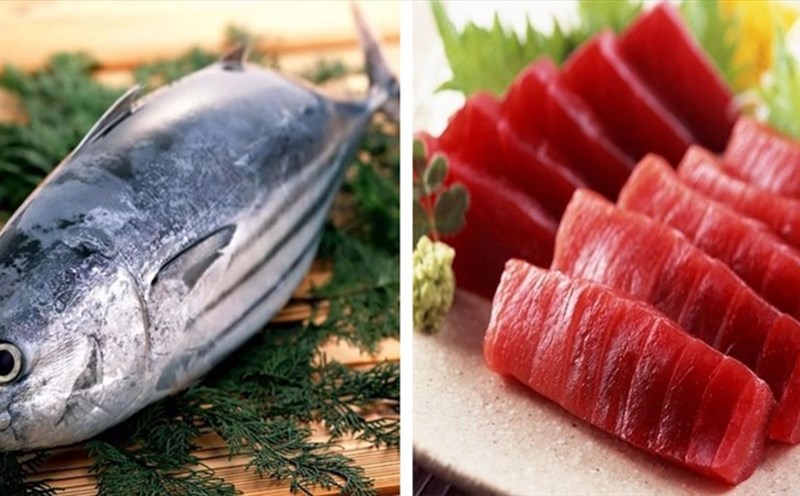DHA
DHA (Docosahexaenoic Acid) is an important omega-3 fatty acid for the development of the brain and nervous system. According to the US National Institutes of Health (NIH), DHA accounts for about 40% of fatty acids in the brain and 60% in the retina, directly affecting children's thinking, learning and visual abilities.
A study from the American Journal of Clinical Nutrition (AJCN) shows that children supplemented with enough DHA have better ability to concentrate, remember and problem-solve than children with this nutrient deficiency.
DHA-rich foods: Salmon, sardines, mackerel, eggs, chia seeds, walnuts.
Choline
Choline is an important nutrient that helps synthesize acetylcholine a neurotransmitter involved in memory and concentration. According to the National Academy of Sciences (NAS), choline helps develop brain cells, improving learning and thinking ability in young children.
Research in the Journal of Neurology shows that children with a diet rich in choline since childhood have better memory as adults. Choline also helps protect the brain from damage caused by oxidative stress.
Foods rich in choline: Eggs, milk, fish, soy, chicken.
Iron
Iron plays an important role in transporting oxygen to the brain. Iron deficiency can cause anemia, reduced concentration and affect intelligence.
According to the World Health Organization (WHO), iron deficiency is one of the leading causes of cognitive decline and poor intellectual development in children.
A study from the British Journal of Nutrition shows that children with iron deficiency have poorer cognitive ability and learn more slowly than children with enough iron.
Foods rich in iron: Red meat, liver, seafood, spinach, lentils, whole grains.
Zinc
Zinc helps develop the nervous system, improve memory and learning ability in children. According to the US Institute of Nutrition & Food (AND), zinc is involved in more than 300 enzymatic reactions in the body, including processes related to nerve and thinking activities.
Research from the American Journal of Clinical Nutrition (AJCN) shows that children supplemented with zinc have better concentration and better memory.
Foods rich in zinc: Seafood (starch, shrimp, crab), beef, pumpkin seeds, lentils, yogurt.
Iodine
Iodine is an important nutrient that helps the thyroid gland produce the hormone thyroxine (T4), which regulates brain development. According to the World Health Organization (WHO), iodine deficiency can cause mental Development delays, reduce IQs and affect children's cognitive ability.
Research from the Journal of Endocrinology & Clinical Metabolism (JCEM) shows that children with iodine deficiency are at risk of having an IQ reduction of 10-15 points, affecting their academic performance and ability to absorb knowledge.
Foods rich in iodine: Iodine salt, seaweed, seafood, milk, eggs.











